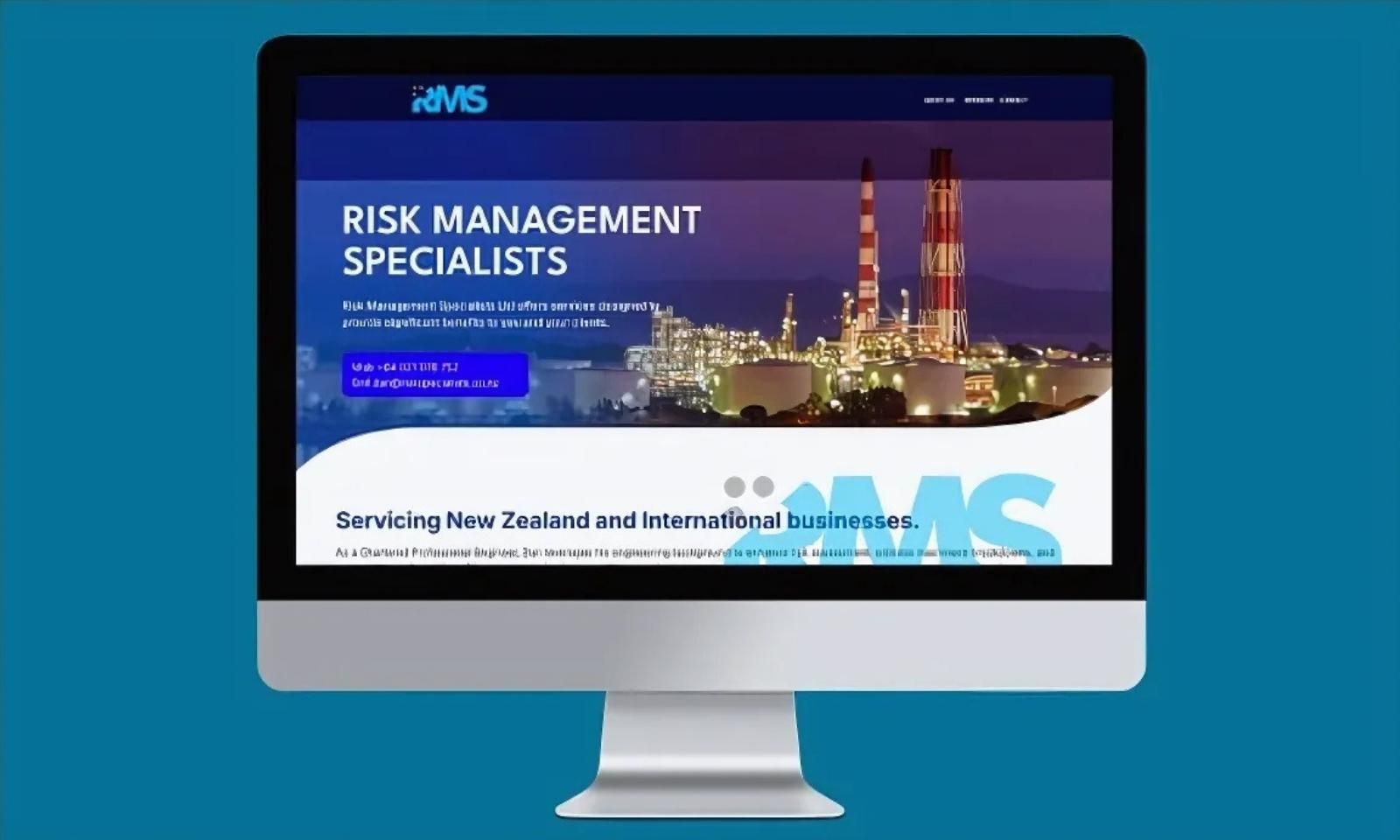

Alan White.
Photo/Supplied
Design business harnesses Pacific creativity
Cook Island Māori designer Alan White discusses perseverance in business, the fears around AI and artists, work-life balance and how Pacific entrepreneurs can thrive.


Visa-free Pacific-travel push splits Parliament as ACT holds back

'Keep the eyeballs on the game': All Blacks legend backs Super Rugby shake-up

Kiridox and Folau drop island love anthem before Valentine’s Day


Visa-free Pacific-travel push splits Parliament as ACT holds back

'Keep the eyeballs on the game': All Blacks legend backs Super Rugby shake-up

Kiridox and Folau drop island love anthem before Valentine’s Day
A Cook Island Māori entrepreneur combines creativity with business to drive an Auckland-based design company.
Alan White is the founder and design director of White Creative, an agency specialising in brand strategy, packaging, and digital solutions for companies.
He said the sector had changed significantly across twenty years.
“When I started out, it was all pretty much like hard art.
“You're doing design work that was predominantly colour, and you use cameras, and then, obviously, digital took over, and it just sped things up.”
White launched his business, Talk Design, in 2000, before later rebranding to White Creative to reflect digital changes in the industry.
“Now the introduction of new technologies as we're seeing with artificial intelligence, it's just going to take it another step further in terms of speeding up the process in different ways.
“You have to adapt, pivot, be open to some of those changes, and figure out how you're going to bring that into your business as you move forward.”
A hopeful beginning
White has connections to the Cook Islands through his mother, who came to Aotearoa in the 1950s to raise her family.
Growing up, White said he was an “okay student”, but had a fascination with arts, and his ambitions blossomed following a tech course.
“Back in the early 90s there were probably about four or five major design houses that were the go-to entities for a lot of the larger companies.
“I was more in the middle bracket, in terms of the clientele that I was aiming for but always had the vision to want to go larger and provide creative for the high-end brands.
“It was predominantly just to be able to share my skills, provide a good professional service that customers would appreciate and add value to their business.”

Designed by Alan White. Photo /Supplied
‘It’s not everything’: The work-life balance battle
White said being self-employed allowed flexibility for family life.
“Over time, having kids and that, I've been able to be involved in going along to school productions, walking them to kindy, taking them to primary school, all those kinds of things.
“I think it's just open communication and at the end of the day although it's crucial to have a good running business, it's a business and it's not everything.”
White said his family understood the demands of the role, with his wife working in the past as a graphic designer.
“You can explain to them ‘I can't do this because I'm working’ or ‘sorry, I'm not really present at the moment because I've got work that I've got to be thinking about’, or if I'm a little bit grumpy about something they tend to understand.
“If you've got a good support network there with your family and they sort of understand ‘Dad's doing this at the moment so he might not be able to attend this’.”

More designs. Photo /Supplied
Business challenges and rewards
White used his home studio to remain in business during the Covid-19 pandemic, but said the loss of in-person interactions with clients was a challenge.
“There’s certain things that, when you're in the same environment with someone, you pick up on and that you can understand.
“As a creative or designer, you pick up on those things. There’s little nuances that you happen to have in conversations, and meetings, that you get only in face-to-face opposed to online.”
White admitted he does not enjoy administration, but has learned “the things that you really dislike are always the areas where you get the most gains”.
“The design side of things - your core skill - it's a natural part of what you do, and then when you go to the other side, you push really hard to try and understand something that you don't like.
“You get to figure out what it's about, then you get a little bit more satisfied in knowing that you've done something properly.”
White encouraged aspiring Pacific entrepreneurs to anticipate and embrace failure as a learning opportunity.
“It's challenging - I think that's the one thing with businesses is you'll never be guaranteed anything, and it's never a straight path or an easy one you've still got to try and pivot and do what you need to.
“You learn so much about it, which is really cool and you meet some really good people and it's the experiences that you'll take with you.
“It is well worth it and it's exciting. You grow a lot as a person.”